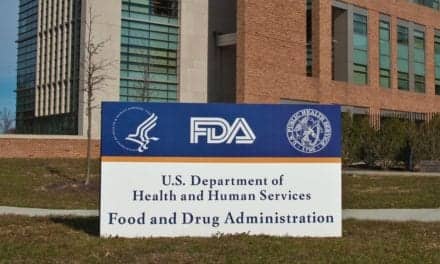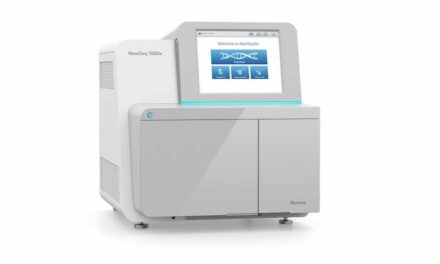Teams complete whole human genome sequencing and analysis in under four hours, demonstrating potential for same-day NICU workflows.
Broad Clinical Labs, in collaboration with Roche Sequencing Solutions and Boston Children’s Hospital, has achieved official recognition from Guinness World Records for the fastest DNA sequencing technique, completing sequencing and analysis of a whole human genome in less than four hours.
The achievement surpassed the previous benchmark of five hours and two minutes using Roche’s SBX sequencing technology and a streamlined, integrated workflow. The teams subsequently applied this process to samples from Boston Children’s Hospital neonatal intensive care unit, demonstrating a same-day workflow from blood to report. The work was published in the New England Journal of Medicine.
The development creates a timeframe where laboratories can receive samples and return actionable information in under eight hours while maintaining pace with high-volume neonatal intensive care units—an improvement from current timeframes of at least two days but more frequently greater than five days.
“Today, we are able to sequence human genomes faster than they’ve ever been done before,” says Niall Lennon, PhD, chair and chief scientific officer at Broad Clinical Labs and senior author on the study, in a release. “Together with Roche Sequencing Solutions and Boston Children’s Hospital, we demonstrated that rapid sequencing and interpretation are achievable in a matter of hours, and that brings us one step closer to a future where genetic answers can inform urgent decisions at the bedside.”
Clinical Impact in Critical Care Settings
Whole genome sequencing provides clinicians with a complete view of patients’ genetic information, enabling identification of variants associated with rare diseases, clarification of uncertain diagnoses, and guidance for treatment decisions. In critical care environments such as neonatal and pediatric intensive care units, timing can determine the difference between unnecessary procedures and targeted care.
“The idea of receiving genome sequencing results within the same timeframe as other diagnostic tests that we send routinely in the NICU has the potential to entirely shift the paradigm of genomic medicine in this setting,” says Monica Wojcik, MD, MPH, the study’s lead author and attending physician at Boston Children’s Hospital, in a release. “For some families, this genetic result is the keystone of their entire care plan, and waiting even for 2 days is an eternity.”
Technology and Workflow Integration
The achievement paired Roche’s in-development SBX technology with an optimized, end-to-end workflow encompassing rapid sample processing, sequencing, secondary analysis, automated quality control, and prioritized variant review. The streamlined approach used orchestrated handoffs across laboratory and bioinformatics teams to ensure efficiency without compromising data quality.
“SBX was engineered for speed, accuracy, and reliability,” says Mark Kokoris, head of SBX Technology at Roche Sequencing Solutions, in a release. “Achieving a sample to result in less than 4 hours shows what’s possible when cutting-edge chemistry, instrumentation, and analysis pipelines work in concert.”
Broad Clinical Labs has sequenced more than 830,000 genomes since its founding in 2013 as a subsidiary of the Broad Institute. The SBX technology remains in development and is not commercially available. The study was conducted for research purposes only, and no diagnosis was performed.
ID 52999288 © Nikkytok | Dreamstime.com





